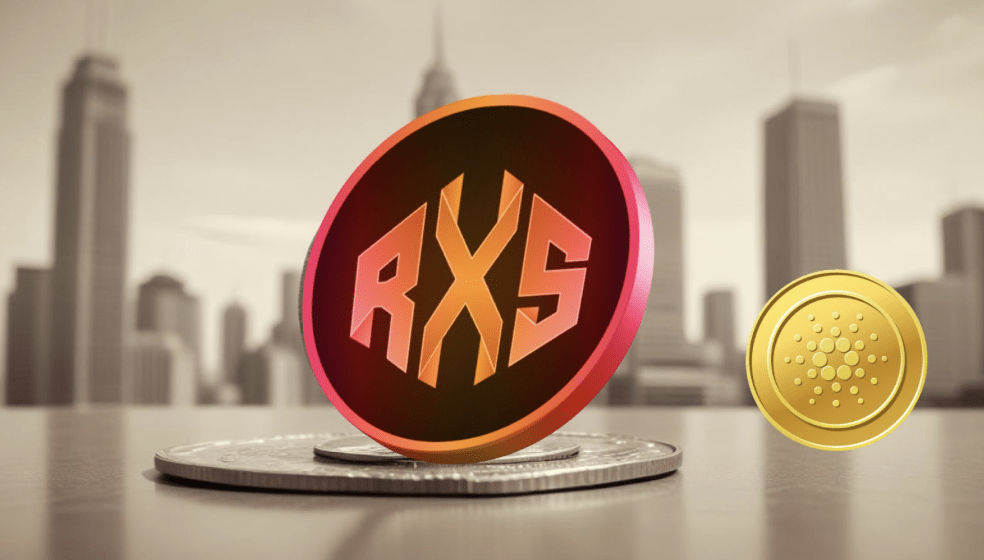In February, the UK Government proposed regulating cryptocurrency like a traditional financial instrument. However, the Treasury Select Committee has recommended otherwise. The Committee strongly believes that treating investments in retail trading of cryptocurrency is nothing like gambling.
What cements this statement is the nature of cryptocurrency – high volatility and no intrinsic value. The recommendation from the Committee comes as a jolt to Rishi Sunak, the Prime Minister of the UK, for he had earlier committed to making the UK a global hub for digital assets. Calling Bitcoin and other digital currencies unbacked crypto assets, several UK lawmakers have firmly put forward the idea of treating investments in them like gambling.
Even, Charles Randell views speculative cryptocurrency trading as akin to gambling and advocates for its regulation and taxation to align with traditional gambling practices. He proposes utilizing the resulting levies to support debt advice and addiction services, which may experience increased demand.
In the United Kingdom, the Gambling Commission oversees all forms of gambling, encompassing both online and physical establishments. This regulatory body governs various gambling-related businesses, including bingo halls, lotteries, arcades, betting shops, racecourse bookmakers, online betting companies, exchanges, and crypto casinos. It provides guidance and assistance to individuals and businesses, particularly focusing on preventing problem gambling. Additionally, the commission enforces measures like AML and CTF safeguards within the industry.
The Treasury Select Committee has come up with the recommendation after a months-long inquiry into the matter. It involved interacting with crypto ventures, experts, and academicians. Assuming the recommendation finds a way to the final table, it will surely change how other jurisdictions treat cryptocurrencies.
The report by the Committee has claimed explicitly that if retail trading in cryptocurrencies is regulated, it will create a halo effect. It will further establish an understanding in the minds of customers that investing in cryptos is safer and more protected even though it is not.
It means cryptocurrencies retain the tag of unbacked digital assets with no security whatsoever. Their high volatility and lack of intrinsic value put them at risk of being treated at par with traditional financial instruments.
Cryptocurrencies, especially Bitcoin, have seen significant adoption in the UK region. According to HM Revenue & Customs data, approximately 10% of the UK adult population holds cryptocurrency in their name. Their utility is limited in the country, and they are waiting for the legal go-ahead sign to solidify their presence.
Harriet Baldwin, the Chair of the Committee, has also said that there is no real social good in the utility of cryptocurrency. It, therefore, brings investments in cryptocurrencies to par with betting on sports or betting in a casino. However, the combination of high volatility and no intrinsic value marks a fundamental difference from the traditional financial mechanism.
As of now, the UK has heavy taxes in place on cryptocurrency. This helps the country support critical services like advising on how to handle debt and addiction to gambling. Moreover, gambling businesses in the UK must verify the identities of their customers and take appropriate measures to prevent acts related to money laundering.
Singapore is another region aiming to limit its residents’ trading activities in cryptocurrencies.
Credit: Source link







![Discover the Top 5 Cryptocurrencies Set to Explode in January 2025 [Updated List]](https://cryptodaily.blob.core.windows.net/space/Screenshot%202024-12-28%20at%2000.59.16.png)





.png)

































